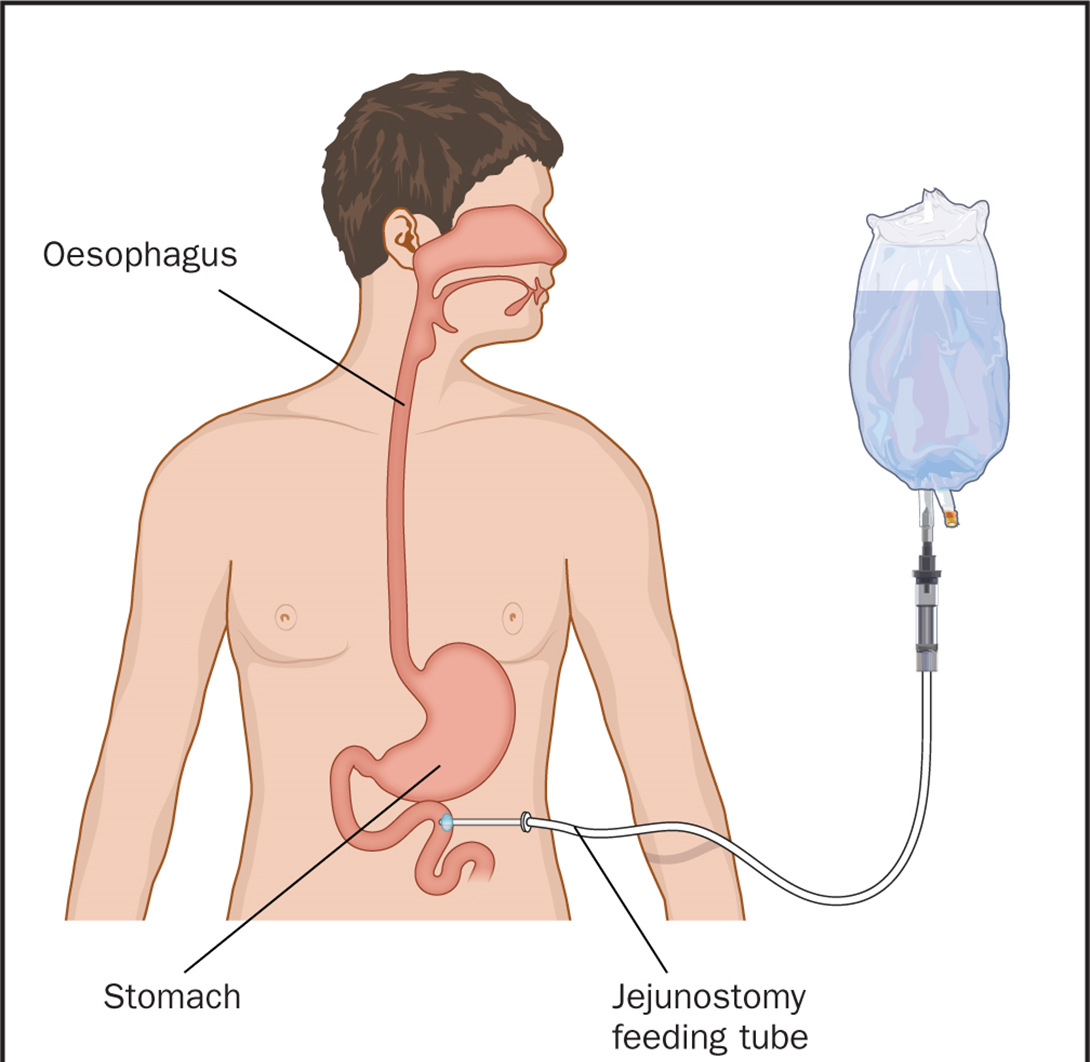A nurse is caring for a young adult client who is discontinuing birth control pills and wishes to start a family. Which of the following statements by the nurse is an appropriate dietary guideline?
Increase your caloric intake before pregnancy to stabilize your metabolism.
Increase your total intake of seafood to 20 ounces per week.
Decrease ascorbic acid in your diet.
Increase folic acid to 400 micrograms per day prior to getting pregnant.
The Correct Answer is D
Choice A reason: Increasing the caloric intake before pregnancy is not an appropriate dietary guideline, as it can lead to excessive weight gain and obesity, which can increase the risk of gestational diabetes, hypertension, and other complications. The nurse should advise the client to maintain a healthy weight and a balanced diet before and during pregnancy.
Choice B reason: Increasing the total intake of seafood to 20 ounces per week is not an appropriate dietary guideline, as it can expose the client to high levels of mercury, which can harm the developing fetus. The nurse should advise the client to limit the intake of seafood to 8 to 12 ounces per week, and avoid fish that are high in mercury, such as shark, swordfish, and king mackerel.
Choice C reason: Decreasing ascorbic acid in the diet is not an appropriate dietary guideline, as it can impair the immune system and the absorption of iron, which are both important for the health of the mother and the fetus. The nurse should advise the client to consume adequate amounts of ascorbic acid, which is found in citrus fruits, tomatoes, broccoli, and other foods.
Choice D reason: Increasing folic acid to 400 micrograms per day prior to getting pregnant is an appropriate dietary guideline, as it can prevent neural tube defects, such as spina bifida and anencephaly, in the fetus. The nurse should advise the client to take a daily prenatal vitamin that contains folic acid, and eat foods that are rich in folate, such as leafy greens, beans, and fortified cereals.
Nursing Test Bank
Naxlex Comprehensive Predictor Exams
Related Questions
Correct Answer is D
Explanation
Choice A reason: Abdominal distention is a possible complication of enteral nutrition, as it may indicate gas accumulation, constipation, or intolerance to the formula. However, it is not the greatest risk to the client, as it can be prevented or managed by adjusting the formula, rate, or volume of the feeding, or by administering medications or enemas.
Choice B reason: Fluid overload is a possible complication of enteral nutrition, as it may indicate excessive fluid intake, renal impairment, or heart failure. However, it is not the greatest risk to the client, as it can be prevented or managed by monitoring the fluid balance, electrolytes, and vital signs, or by administering diuretics or fluid restriction.
Choice C reason: Glycosuria is a possible complication of enteral nutrition, as it may indicate hyperglycemia, diabetes, or infection. However, it is not the greatest risk to the client, as it can be prevented or managed by monitoring the blood glucose, urine output, and signs of infection, or by administering insulin or antibiotics.
Choice D reason: Tube obstruction is the greatest risk to the client, as it may indicate clogging, kinking, or twisting of the tube, which can impair the delivery of the nutrition and medication, and cause aspiration, infection, or perforation. Tube obstruction can be prevented by flushing the tube with water before and after each feeding or medication, and by using a syringe or a pump to administer the formula. Tube obstruction can be managed by using warm water, carbonated beverages, or pancreatic enzymes to unclog the tube, or by replacing the tube if necessary.

Correct Answer is B
Explanation
Choice A reason: Flossing dentures is not necessary, as dentures do not have spaces between the teeth where plaque and food particles can accumulate. Flossing dentures may damage the denture material or cause it to loosen.
Choice B reason: Dentures should be cleaned with a soft material to prevent scratches or damage. A washcloth is gentle enough to clean the denture surfaces without causing harm.
Choice C reason: Wiping dentures before storing them in a dry container at night is not advisable, as it may cause the dentures to crack or warp. Dentures should be soaked in water or a denture cleanser solution overnight to keep them moist and prevent them from losing their shape.
Choice D reason: Wrapping gloved fingers with gauze to remove dentures is not a standard practice. Dentures should be removed carefully by rocking them slightly to break the seal with the gums. Using gauze is unnecessary and may not be as effective or safe for the dentures or the oral tissues.
Whether you are a student looking to ace your exams or a practicing nurse seeking to enhance your expertise , our nursing education contents will empower you with the confidence and competence to make a difference in the lives of patients and become a respected leader in the healthcare field.
Visit Naxlex, invest in your future and unlock endless possibilities with our unparalleled nursing education contents today
Report Wrong Answer on the Current Question
Do you disagree with the answer? If yes, what is your expected answer? Explain.
Kindly be descriptive with the issue you are facing.
